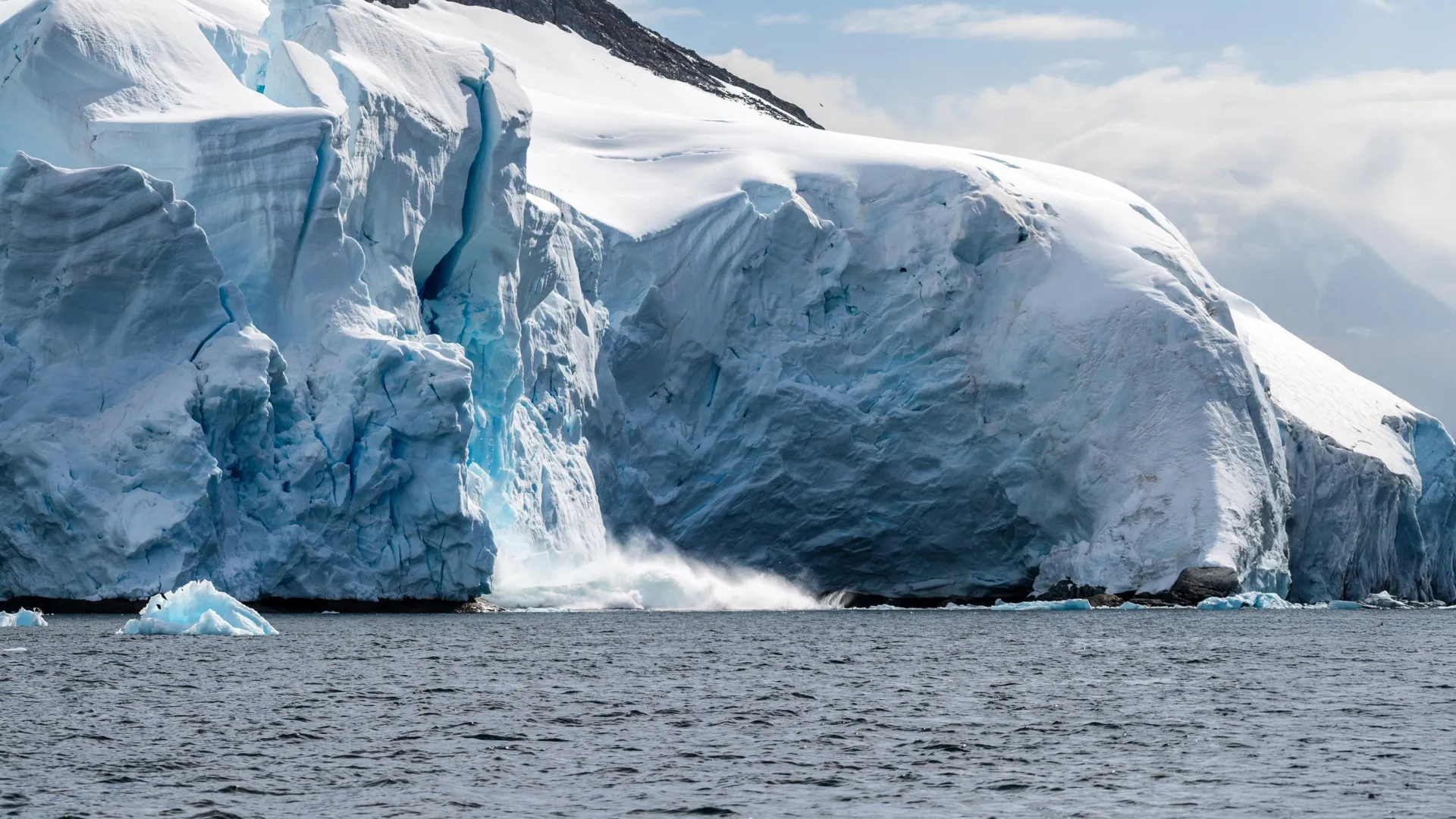
Researchers warn Antarctica is undergoing abrupt changes that could trigger global consequences.
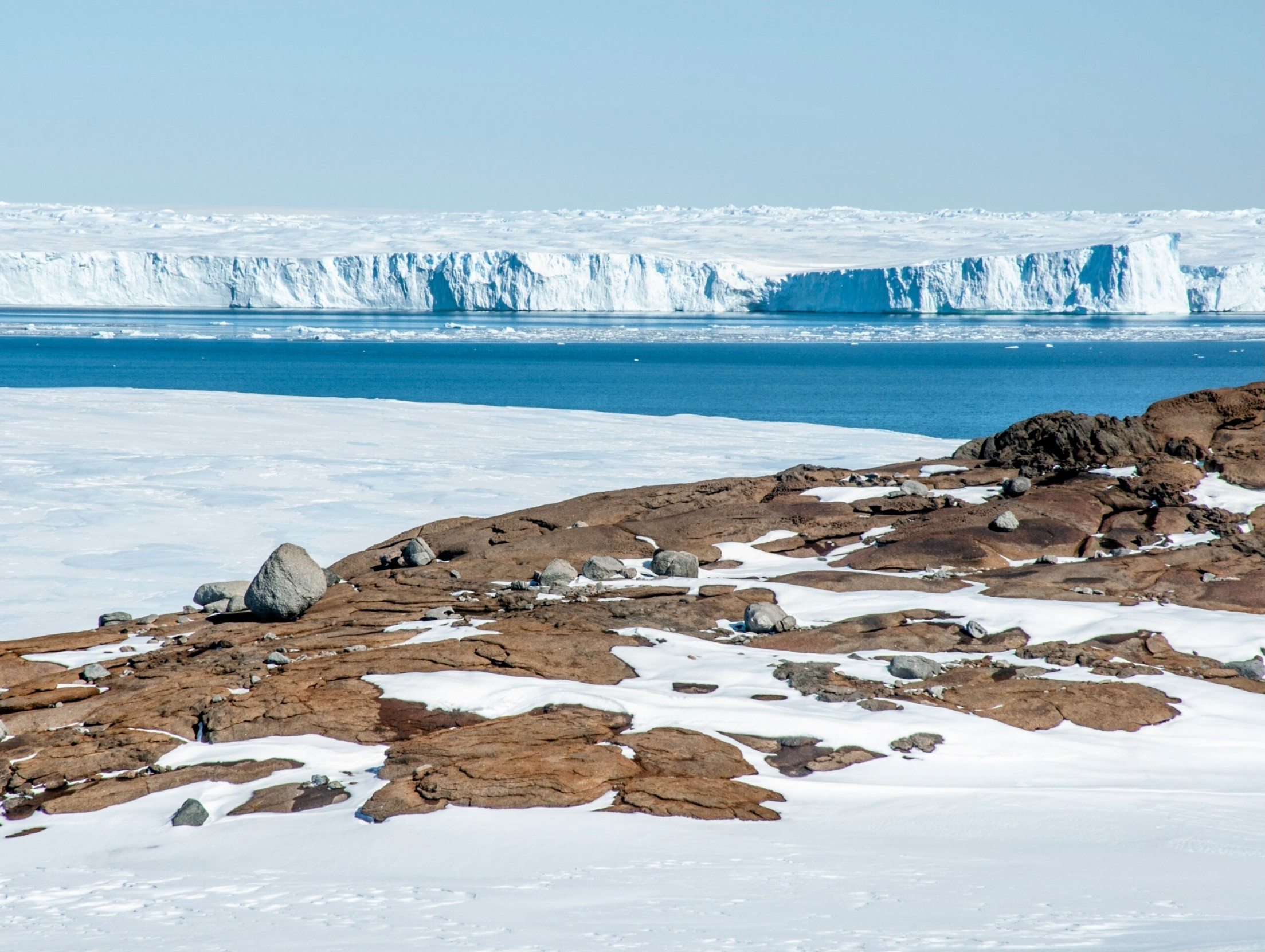
New research shows polar ice sheets may begin irreversible collapse even at 1.5 C warming - putting millions at risk.

Global sea level rose faster than expected in 2024, mostly because of ocean water expanding as it warms, or thermal expansion.
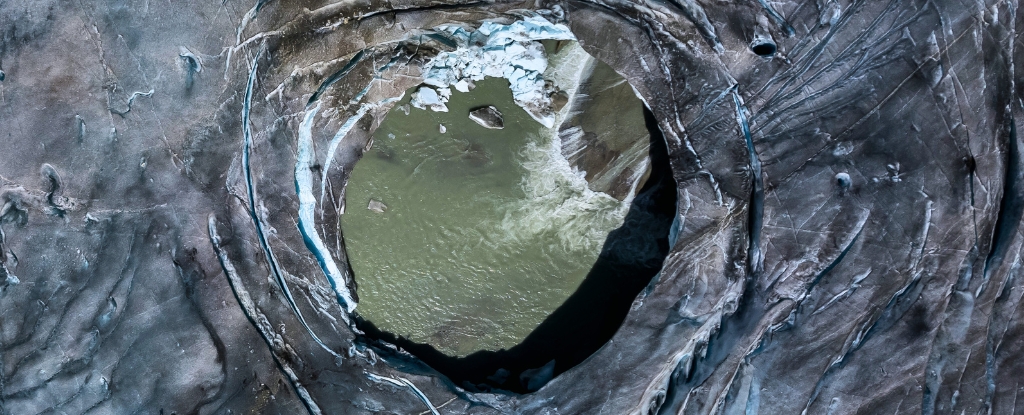
Ice loss from the world's glaciers has accelerated over the past decade, scientists said on Wednesday, warning that melting may be faster than previously expected in the coming years and drive sea levels higher.
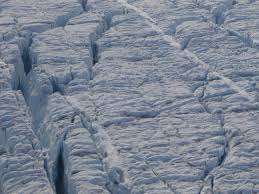
In just five years, 930 million cubic meters of crevasses opened up in the Greenland ice sheet, equivalent to adding a crack the size of the Great Pyramid of Giza to the world's second largest ice sheet every few days.

In fact, research has shown that Antarctica is rising up out of the ocean as it sheds its ice, and the effects on our planet are going to be massive.

Andean tropical glaciers are retreating at an unprecedented rate, exposing ice-free areas not seen for 11,700 years since the Holocene epoch began. This phenomenon highlights the significant regional impacts of human-induced climate change.
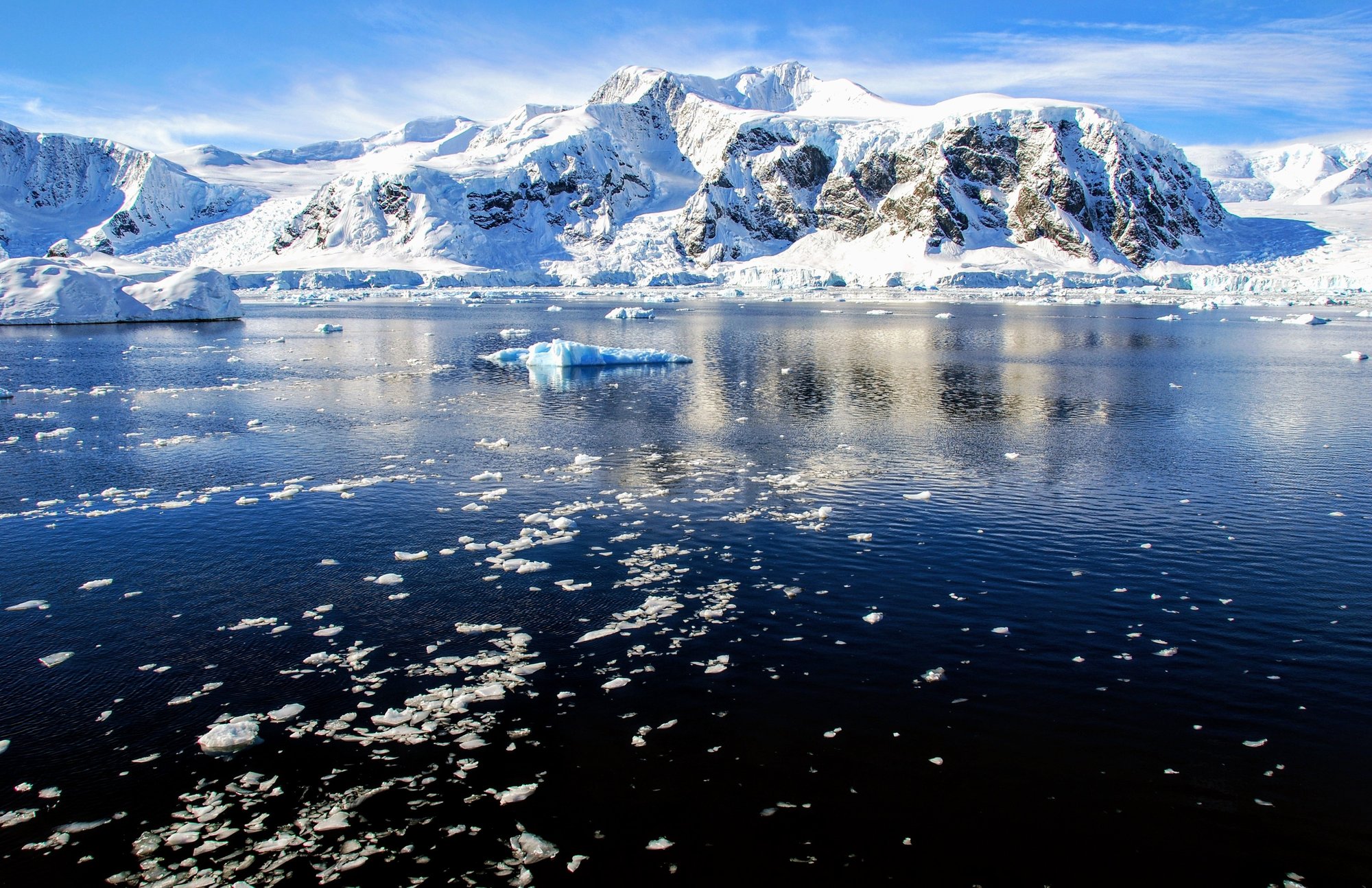
Ice sheets, the massive frozen expanses covering Antarctica, are harboring a hidden threat beneath their surface.

A new study suggests that the significant glacial retreat of two glaciers on the west coast of Antarctica began in the 19404's, likely spurred by climate change.

In a crazy demonstration of just how little Greenland cares about following the laws of physics, the large island is rising out of the sea. The rise is fueled by Greenland’s ongoing ice loss, which continues to melt as global temperatures rise.

Melting at the interface between ice sheets and the ocean in the Arctic is much more extensive than previously estimated. Melting in the Arctic could have catastrophic effects on the rest of the world.

Model results show that Pine Island glacier region of west Antarctica could collapse in the future. If it does, then it could raise global mean sea level by several metres.

A new study found that ice shelves in the region have lost more than a third of their volume in the last half-century because of rising temperatures — and if it continues, there could be "dramatic consequences" for glaciers, and the planet.

The rate at which the warming Southern Ocean melts the West Antarctic ice sheet will speed up rapidly over the course of this century, regardless of how much emissions fall in coming decades, our new research suggests.

It’s winter in Antarctica, when sea ice cover typically grows. But this year’s sea ice is way behind, reaching record lows with implications for the planet.